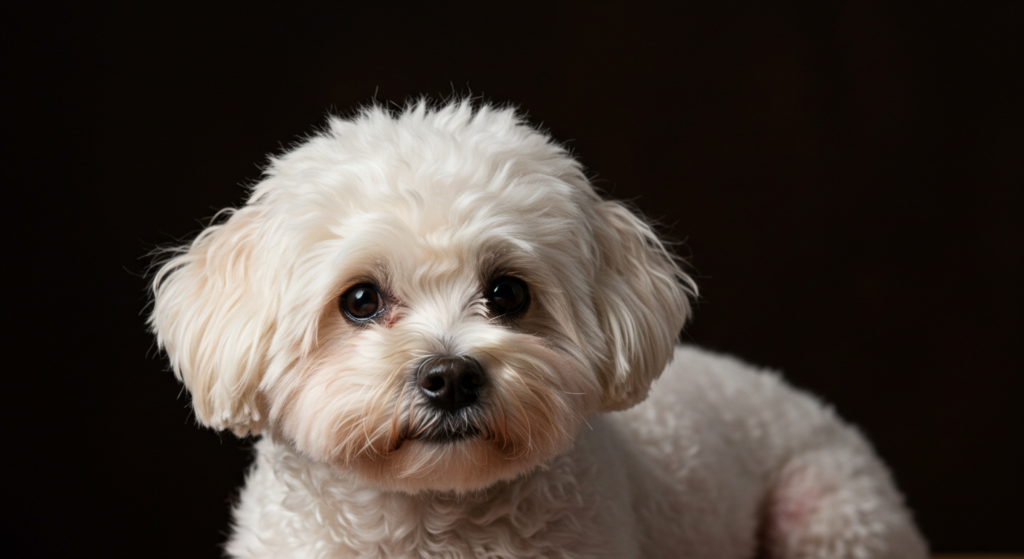Table of Contents
- Introduction
- Ancient Origins & Royal Connections
- From Nobility to Circus Stars
- Arrival in the United States
- AKC Recognition & Breed Classification
- Why the Bichon Frise Makes a Great Companion
- Conclusion
- FAQs
Introduction
The Bichon Frise is a small, cheerful dog with a rich history that spans centuries. Known for its fluffy white coat and playful personality, this breed has evolved from royal companion to circus performer. In this article, we’ll uncover fascinating facts about the Bichon Frise, including its origins, historical roles, and modern-day appeal.

Ancient Origins & Royal Connections
The Bichon Frise traces its roots back to Tenerife, part of the Canary Islands. It belongs to the Barbichon family, which includes breeds like the Maltese, Bolognese, and Havanese.
- Originally bred as companion dogs for European nobility in the 13th century.
- Favored by French and Spanish royalty for their charming personalities and hypoallergenic coats.
From Nobility to Circus Stars
The French Revolution drastically changed the fate of the Bichon Frise.
- After losing aristocratic patronage, these adaptable dogs became street performers and circus entertainers.
- Their intelligence and quick learning ability made them ideal for tricks and shows.
Arrival in the United States
The Bichon Frise first arrived in the U.S. in 1956.
- Gained popularity due to its friendly nature and low-shedding coat.
- Quickly became a favorite among families and dog enthusiasts.
AKC Recognition & Breed Classification
In 1973, the American Kennel Club (AKC) officially recognized the breed.
- Classified under the Non-Sporting Group.
- Known for its versatility—equally suited for companionship and performance.
Why the Bichon Frise Makes a Great Companion
- Hypoallergenic coat – Ideal for allergy sufferers.
- Playful & affectionate – Loves being around people.
- Highly trainable – Excels in obedience and agility.
Conclusion
The Bichon Frise is more than just a cute lapdog—it’s a breed with a rich history, intelligence, and adaptability. Whether as a royal companion, circus performer, or family pet, this charming dog continues to win hearts worldwide.
FAQs
1. Are Bichon Frises good family pets?
Yes! They are friendly, sociable, and great with kids.
2. Do Bichon Frises shed a lot?
No, they have a low-shedding, hypoallergenic coat.
3. How much exercise does a Bichon Frise need?
Moderate—daily walks and playtime are sufficient.
4. What is the lifespan of a Bichon Frise?
Typically 12-15 years with proper care.
